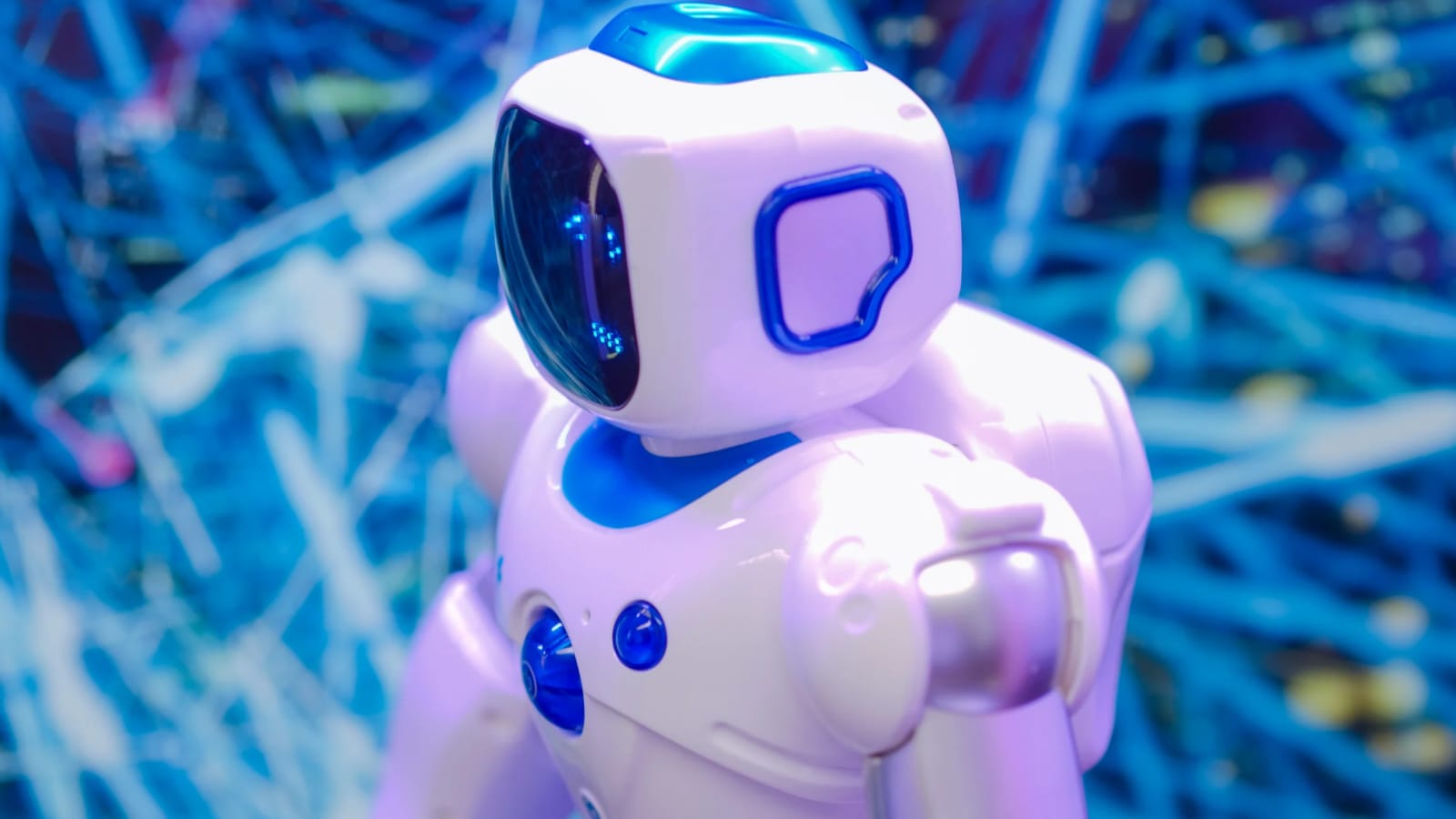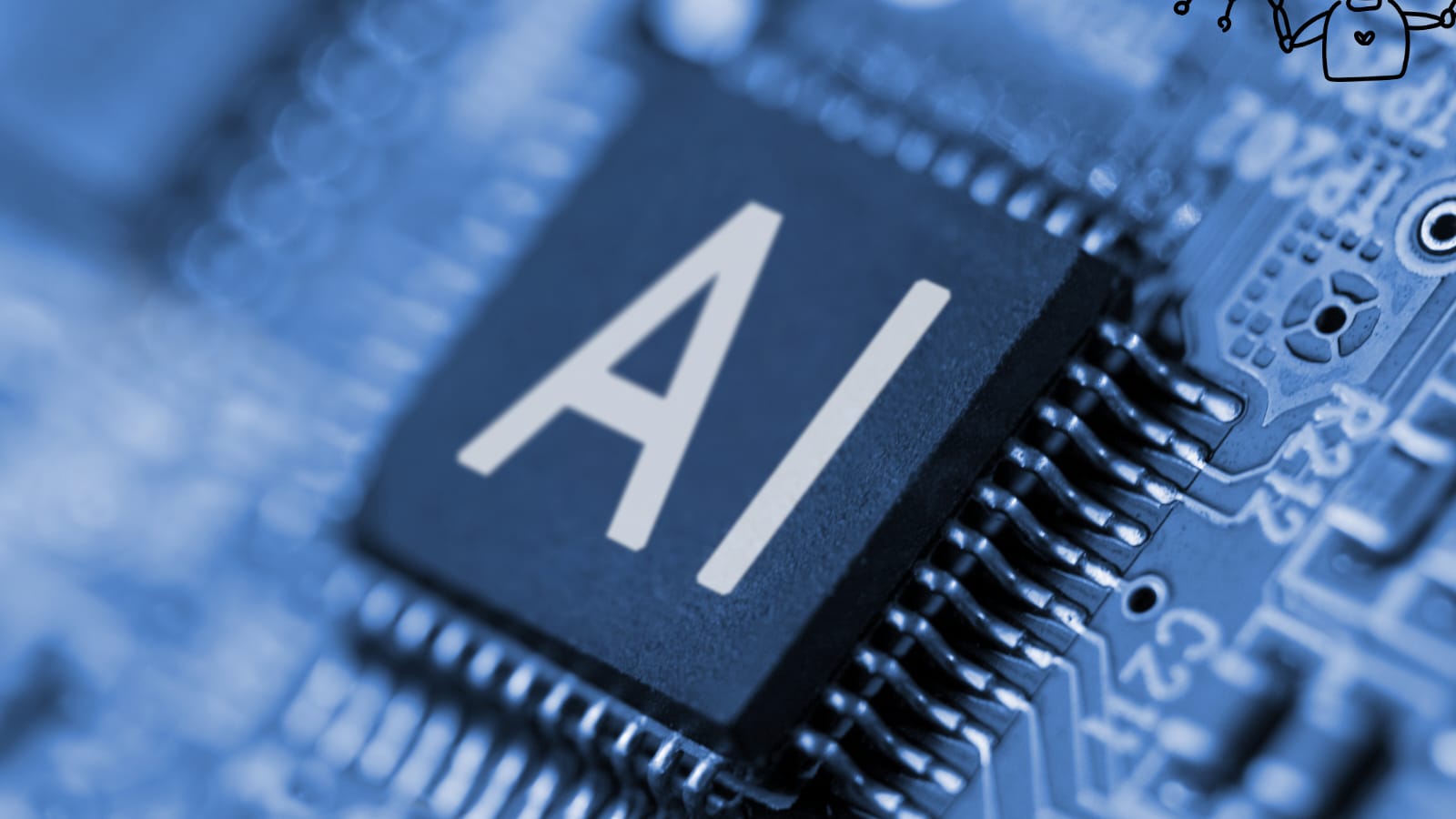AI Tools & Technology 2025:– The year 2025 feels like a tipping point for AI tools and technology. The question of “will AI change our work?” Isn’t being asked anymore—it already has, quietly and quickly. From AI agents that arrange meetings while we sleep to small language models (SLMs) that run on mobile phones, the workplace feels very different than it did even three years ago.
This blog explores the AI tools, platforms, and technologies making the biggest changes right now—and what they mean for businesses, creators, and everyday professionals who are simply trying to keep up.
The Rise of AI Agents & Hybrid Work forces
One of the most visible shifts in AI technology in 2025 is the arrival of AI agents. These aren’t just simple chat bots—they can take action on their own with little guidance. Common uses already include:
- Scheduling meetings and sending reminders to teams
- Summarizing long emails, reports, or even video calls
- Debugging small chunks of code when developers are busy
- Acting like digital teammates inside work apps
Big companies like OpenAI, Anthropic, and Google DeepMind are racing to build agent-style AI. But smaller tools such as Notion AI and Grammarly have quietly added agent-like features too. The result? Workforces are becoming hybrid, with humans and digital teammates sharing the load.
Low-Code And No-Code AI Platforms
A few years ago, building AI solutions required advanced skills. But in 2025, things look different. Thanks to low-code and no-code AI platforms, almost anyone can now experiment with AI.
Tools like Data Robot, Akkio, and Lobe allow non-coders to:
- Automate everyday marketing tasks
- Build predictive models in under an hour
- Create AI-powered apps with just a few clicks

These platforms are spreading across industries like:
- Small businesses → managing campaigns without hiring a data team
- Healthcare → analysing patient records and identifying patterns
- Retail → improving personalization without big budgets
The goal isn’t perfection—it’s access. AI tools and technology are no longer locked behind technical walls. They’ve become workshops open to anyone.
AI Tools Change Industries
Large models like GPT-4 and LLaMA have dominated headlines. But in 2025, many businesses are favouring domain-specific AI models tailored for their needs.

Instead of relying on a one-size-fits-all model, companies are adopting custom AI tools for:
- Healthcare – analysing clinical notes and reading medical imaging
- Finance – improving fraud detection and risk analysis
- Legal – contract review, compliance, and routine paperwork
This shift makes AI tools more affordable, accurate, and safer. For example, a hospital doesn’t need an AI that knows world trivia—it needs one trained for medical safety.
Vector Databases: The Hidden Engine
Behind the scenes, vector databases are powering much of AI’s success. Tools like FAISS, Weaviate, and Pinecone quietly handle unstructured data and make AI smarter.
- Semantic search → finding results based on meaning, not keywords
- Recommendation systems → that improve with use
- Retrieval-Augmented Generation (RAG) → blending data with AI outputs
For businesses, this means AI technology doesn’t just “sound smart”—it can find and use the right knowledge at the right moment.
Small Language Models (SLMs): AI For Mobile & Beyond
While large language models (LLMs) remain powerful, small language models (SLMs) are taking center stage in 2025. They are:
- Lightweight enough to run on mobile devices
- Faster and cheaper for businesses to deploy
- Energy-efficient at scale
SLMs are especially impactful in mobile-first industries and emerging markets, where heavy infrastructure isn’t practical. By running directly on phones, they bring AI tools and technology closer to real-time, everyday life.
Top AI Tools Changing Productivity In 2025
Some of the most widely used AI tools in 2025 include:

- Notion AI → task management and summarization
- Grammarly GO → contextual writing and editing support
- Jasper → marketing copy and campaign brainstorming
- Synthesia → AI-made training and marketing videos
- ClickUp AI → smart project management
- Alison.ai → ad campaign optimization
These don’t replace humans—they free up time by handling repetitive tasks, letting professionals focus on creativity and strategy.
Agentic AI: End-to-End Automation
AI is moving beyond single tasks. Agentic AI is designed to handle full workflows with minimal human input, such as:-
- Marketing campaigns planned, launched, and tracked by AI
- Legal documents produced and reviewed automatically
- HR workflows → from job posting to onboarding
This shift lets humans focus on higher-value work instead of repetitive admin tasks.
The Challenges Ahead
With all its benefits, AI technology in 2025 also faces challenges:-
- Explain ability → understanding AI decisions
- Bias prevention → ensuring fairness in hiring, lending, etc.
- Data privacy → compliance with GDPR, HIPAA, and stricter laws
- Trust → ensuring safe and reliable AI adoption
If left unchecked, these issues could slow down adoption, no matter how advanced the tools become.
Conclusion: AI Tools and Technology Will Define The Future Of Work
By 2025, AI tools and technology are no longer “nice to haves.” They’re central to how people and companies work. From AI agents and no-code platforms to vector databases and SLMs, the workplace has transformed into a human-machine collaboration.
Companies that embrace this shift will save time, cut costs, and unlock creativity. Those that resist risk being left behind. The future of work isn’t on the horizon—it’s already here, and AI is leading the way.
FAQ AI Tools & Technology 2025
Q.1 What are the best AI tools to use in 2025 ?
Ans. Here are some of the best AI tools in 2025 include ChatGPT, Jasper, Copy.ai, Grammarly AI, Notion AI, and MidJourney for productivity, creativity, and automation. These Tools Change the Technology.
Q.2 How is AI transforming jobs in 2025?
Ans. AI is automating repetitive tasks, boosting efficiency, and creating new roles in data analysis, cyber security, and AI engineering while reducing manual workloads. But it doesn’t mean that AI finish your job.
Q.3 Which industries are most impacted by AI in 2025?
Ans. Healthcare, education, finance, IT, marketing, and customer service are the most impacted industries due to AI adoption in 2025.
Q.4 Can AI completely replace human jobs?
Ans. : No, AI will not replace all jobs. Instead, it will complement human work by automating routine tasks and opening opportunities for advanced tech-related careers.
Our Viral Blog
US Education Budget 2025 Click on Read More
Get Daily Updates on Sports Read More

2 thoughts on “AI Tools & Technology 2025: The Future of Smarter Work”